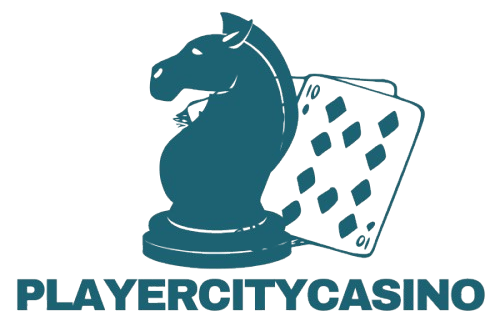The gaming world is often obsessed with the newest and most powerful technology, and rightly so. The PlayStation 5, with its ultra-fast SSD and groundbreaking graphics, represents the cutting edge of what gaming can be. Yet, amid all the dadu 4d excitement over next-gen technology, there’s a quiet resurgence happening. Gamers are rediscovering the charm and creativity of PSP games, realizing that some of the best games in PlayStation history aren’t necessarily found on the latest console.
What made the PSP special wasn’t just its impressive hardware for the time—it was the breadth and quality of its software. Sony treated the PSP not as a side project but as a fully-fledged platform deserving of real attention. Developers responded by creating games that rivaled those on the PlayStation 2, and in some cases, even surpassed them in innovation. Titles like Persona 3 Portable and Monster Hunter Freedom Unite became landmarks of portable gaming, drawing in millions of players with their depth, polish, and replayability.
While the PS5 dazzles with 4K resolutions and ray tracing, PSP games focused on gameplay mechanics and design creativity. Without the pressure to deliver photorealism, developers were free to experiment. Games like LocoRoco, Patapon, and Lumines proved that simplicity could be beautiful and addictive. These titles weren’t constrained by hardware limitations; rather, they used those limitations as a canvas for creativity, resulting in some of the most beloved PlayStation games ever made.
The influence of PSP games can still be felt today. Remote Play and cloud streaming on PS5 echo the PSP’s ambition to take console experiences on the go. Many modern developers also cite PSP classics as inspiration for indie and mobile games. The creativity, portability, and player-focused design of the PSP era are informing the next wave of game development, even as the industry leans toward high-fidelity, cinematic experiences.
Perhaps most importantly, PSP games still matter because they remind us what gaming is really about. At their core, the best games offer connection—whether to a world, a character, or another player. The PSP achieved that by putting deep, engaging experiences in your pocket, making gaming more accessible and personal than ever before. It didn’t need to compete with the power of the PS3 or PS4; it carved its own niche, one defined by quality and heart.
As the PlayStation brand continues to evolve, it’s worth remembering the role of the PSP in shaping its identity. For many, the handheld was their first introduction to beloved franchises, or the platform where they experienced some of the best PlayStation games of all time. Revisiting those classics isn’t just nostalgia—it’s a celebration of an era when creativity, portability, and player experience came together to produce something truly special.

